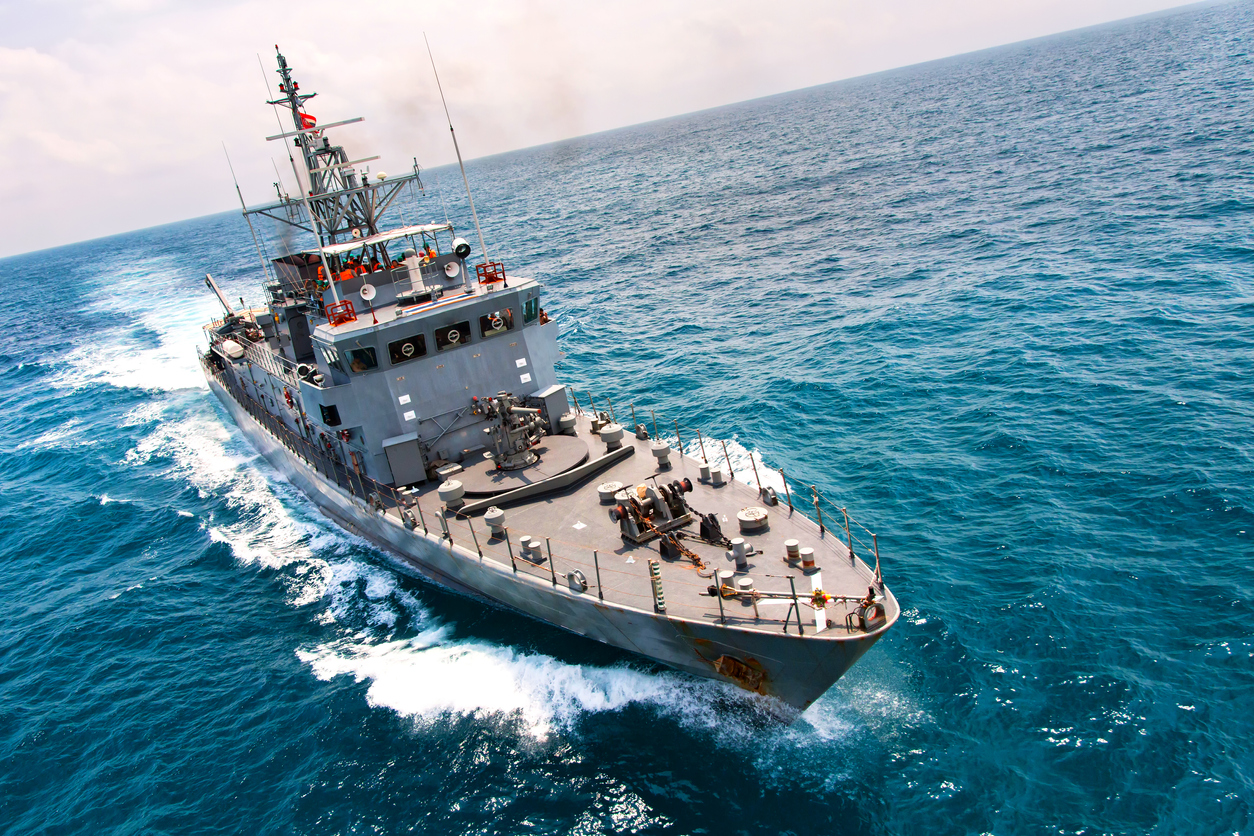The Importance of Maritime Security in Ghana
The Importance of Maritime Security in Ghana
With an extensive coastline and a position on the Atlantic Ocean, Ghana has abundant potential for developing its maritime sector. However, as with many African coastal nations, there are several challenges to achieving this. In recent years, Ghana’s maritime security has come under increased pressure. In addition to piracy and other common issues in the region, Ghana faces particular pressures from illegal fishing vessels and the presence of ghost ships that pose risks to local maritime traffic. These issues have been complicated by a range of other factors, which have combined to place serious stresses on Ghana’s ability to protect its waters from threats. This article will explain why it is important that countries like Ghana implement measures to improve their maritime security. It will also look at some of the challenges posed by illegal fishing and ghost ships in particular and offer advice on how these risks can be mitigated effectively wherever possible.
Why is Maritime Security Important?
Any nation with a significant maritime sector will be greatly affected by the security of the seas. This is because maritime trade is the key driver behind global commerce. 90% of the world’s goods are transported via the oceans, making shipping lines a vital part of the global economy. Given the importance of maritime commerce, it is essential that maritime security is maintained as effectively as possible so that goods can safely be transported. The security of a nation’s maritime borders will also have implications for its internal security. The fact that boats can travel from one country to another with ease makes it extremely difficult to control who has access to a nation’s land mass. In the worst-case scenario, terrorists could use boats to access and attack a country’s land-based targets. Maritime security is therefore critical to any nation’s ability to protect itself from external threats as well as its internal security.
What are the challenges in Ghanaian Maritime Security?
Ghana’s maritime security is being challenged by a number of factors, with particular pressure coming from illegal fishing vessels and the presence of ghost ships. Illegal fishing vessels are a pressing maritime security issue in many parts of the world. These vessels often operate with little regard for the laws of the countries they are in, and they can pose serious threats to local fisheries and marine biodiversity. They can also pose threats to local maritime traffic. In Ghana, the government has been working to respond to the challenge of illegal fishing vessels. However, there are concerns that it lacks the resources to enforce its own laws effectively. If appropriate measures are not implemented, many experts believe that Ghana’s marine resources will be greatly impacted over time as a result of illegal fishing.
Piracy and Other Crimes Against Maritime Traffic
Piracy was a significant issue in the Gulf of Guinea region. It was most common for ships to be hijacked for ransom. This was often done near areas where oil and gas are extracted from the seabed. There have been worries that piracy could re-emerge in the region due to the decline in its activity globally. However, there have been signs that this is not the case, with piracy rates in West Africa remaining low. Nevertheless, it is important that the threat of piracy in the region does not become normalized. It is therefore important that countries like Ghana implement appropriate measures for monitoring their coastal waters and responding to potential threats.
Ghost Ships: Disposing of Dead Vessels Responsibly
Ghost ships are vessels that have become derelict and are no longer under the control of their owners. These ships may be abandoned or be on their last voyage before being scrapped. Sometimes, they are vessels that are being moved to be recycled in shipyards. For whatever reason, the ships become unresponsive to communications. This makes them a hazard for other water traffic due to the fact that their owners are unable to control them. These ships may remain unresponsive for any number of reasons. They could be out of range of communication towers. They could have been damaged and be unable to respond. They could have been hijacked, with the hijackers unable to respond. Many of the ghost ships in the world pose no serious threat. However, there are a number of vessels that are a serious threat to maritime traffic due to their derelict state. In particular, many of the ghost ships near Ghana’s coast pose a serious threat to local maritime traffic.
Conclusion
The challenges to Ghanaian maritime security are serious, but they are not insurmountable. As the article has discussed, the key to addressing these challenges is effective monitoring and enforcement of laws. It is also important that Ghana is able to respond quickly and effectively to potential threats through adequate equipment and trained personnel.







LEAVE A COMMENT
You must be logged in to post a comment.